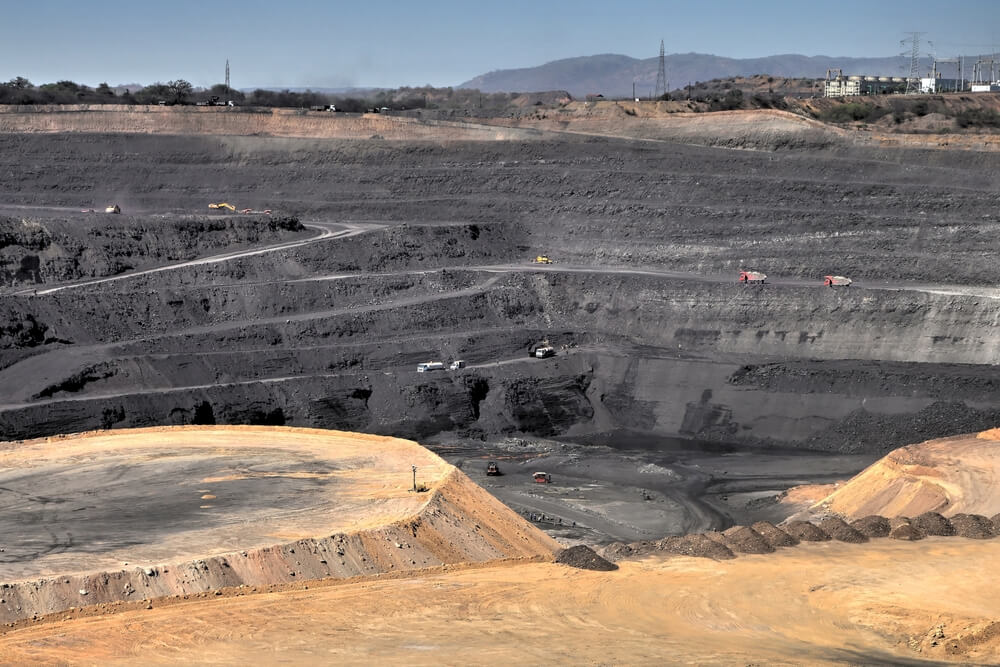
Australia’s ability to produce basic metals such as copper, lead, zinc, nickel, and steel is under threat as aging smelters and refineries struggle to compete against subsidized Chinese operations. Multinational commodity firms Trafigura and Glencore are urging federal and state governments to intervene, framing metal processing as a national security imperative.
Trafigura, which operates the Port Pirie lead smelter and Risdon zinc refinery in Tasmania, has placed its Australian assets under strategic review. CEO Richard Holtum argues that critical infrastructure and smelting capacity is a national security issue requiring government ownership or financial support. Holtum emphasized that uncompetitive assets like Nyrstar Australia’s facilities “shouldn’t be in fully private hands” in today’s geopolitically fragmented landscape.
Similarly, Glencore is seeking support for its Mount Isa copper smelter and Townsville refinery, which process international ores. CEO Sam Strohmayr warns that treatment and refining charges (TC/RCs) have plummeted to 25-year lows due to subsidized Chinese and Indonesian smelters, making Australian operations economically unviable without intervention.
The debate over government support intensified after the South Australian and federal governments seized control of the Whyalla Steelworks via emergency legislation in February 2025, pledging funds to revive the plant. This followed the collapse of owner Sanjeev Gupta’s GFG Alliance and marked a precedent for state intervention in strategic industries.
However, Minerals Council president Andrew Michelmore opposes subsidies, stating, “You can’t prop up something that’s not viable long-term.” His stance contrasts with federal efforts to bolster critical minerals, including a $4 billion (USD) development fund expanded to nickel in 2024. Despite this, Australia’s nickel sector has largely shuttered due to Indonesian competition backed by Chinese investment.
The Department of Industry’s March 2025 review highlighted collapsing zinc TC/RCs—from $280/tonne in 2023 to under $50/tonne—as smelting capacity surges in China. Analysts predict copper TC/RCs will average $10.7/tonne in 2025, reflecting global concentrate shortages and subsidized smelter expansions.
Proponents of intervention argue that domestic metal production is essential for defense readiness and industrial expertise. The Morrison government’s 2021 bailout of oil refineries set a precedent, prioritizing strategic capacity over pure economics. Similarly, preserving smelting infrastructure could safeguard downstream industries, such as fertilizer production reliant on sulphuric acid from copper smelters.



